Understanding the Current Housing Market: A Deep Dive into Closing Costs and Interest Rates
Embarking on the homeownership journey involves picking your dream house and understanding the current housing market. You must know potential closing costs and shop for the best interest rates. This article will guide you through these critical aspects of your home-buying process, ensuring a well-rounded understanding of your financial obligations.
The Importance of Preparing for Closing Costs
Many people need to consider closing costs when buying a home. This group of fees, necessary for finalizing your real estate transaction, can add up, potentially surprising you at the end of your home-buying journey.
What are closing costs?
When entering the home-buying process, you must familiarize yourself with closing costs and fees charged by different parties. These parties include the mortgage lender, real estate agent, home inspector, appraiser, title company, and potentially local government agencies.
All these fees facilitate the property transfer from the seller to the buyer, typically payable at closing. Some costs are paid in advance, while others are due at closing. You can roll some of them into your mortgage loan, increasing your total cost.
Closing costs can be a part of your negotiation strategy with the seller. Depending on the housing market conditions and the seller's circumstances, you can convince the seller to cover part or all of the closing costs, often called seller concessions. Arming yourself with these costs prepares you for the financial obligations ahead and enables you to strategize and potentially save money during your home-buying journey.
Types of closing costs
Closing costs encompass a diverse range of fees involved in a home-buying transaction. Each fee plays a specific role in ensuring a smooth and legal transition of the property from the seller to you, the buyer.
For instance, loan origination fees typically amount to 0.5% to 1% of your loan and cover the cost of processing your loan application, which includes underwriting, funding, and application services provided by your lender.
Another significant closing cost is the appraisal fee. An appraisal is necessary to evaluate the property, safeguarding you and your lender objectively. As a buyer, it helps you avoid overpaying for the home while it protects the lender from lending more than the property is worth.
Survey fees are another component of closing costs. A property survey determines the exact boundaries of the property you're buying, identifies any potential easements or encroachments, and ensures the property description matches the actual land.
Taxes and deed-recording fees are also part of the closing costs. These fees are necessary to legally transfer the property to your name and record this transfer in public records, establishing your legal ownership of the property.
The closing cost also includes fees for title searches and title insurance. A title search thoroughly reviews the property's historical records, confirming the seller's right to sell the property. Meanwhile, title insurance protects the lender—and potentially you—from future property ownership claims, liens, or legal fees due to past discrepancies.
Lastly, closing costs often include credit report fees. Lenders check your credit history to assess your creditworthiness and determine the mortgage terms they can offer. These fees cover the cost of obtaining credit reports from the credit bureaus.
The cost of closing costs
Typically, closing costs range from 2% to 5% of the home’s purchase price. For a $300,000 home, you might be looking at $6,000 to $15,000 in closing costs. The actual closing costs can vary depending on multiple factors, but your mortgage lender will be able to provide you with a more accurate breakdown of your loan.
The estimated closing costs may be affected by the type of property you’re purchasing, its location, the nature of the loan you’ve selected, and your lender's practices. Not all lenders are alike, and their fee structures can significantly influence your closing costs. Comparing loan estimates from different lenders will give you a broader perspective and may lead to savings.
If you’re worried about the closing costs, a down payment assistance program may help you. The programs often cover the closing costs, but similar to rolling them into your mortgage, it may cause you to pay more over time. Toward the end of the home-buying process, your lender will provide a Closing Disclosure, giving you a view of your final closing costs. You can then pay these fees via wire transfer or cashier’s check.
Understanding Interest Rates in Your Market
Interest rates significantly affect the total cost of your home over the life of your mortgage. Especially in a fluctuating market, understanding these rates is vital to an effective home-buying process. As you embark on your home-buying journey, you'll find that navigating and understanding the landscape of mortgage interest rates in your current market can be a daunting task.
A systematic approach is vital in navigating the complexities of mortgage interest rates. It entails monitoring market conditions, identifying competitive interest rates, comparing loan estimates effectively, leveraging solid financial standing, and considering more than interest rates—like loan terms and customer service.
Adopting such a strategy helps potential homeowners to secure the most favorable mortgage terms for their dream homes. By strategically approaching these elements, potential homeowners can ensure the most advantageous mortgage terms for their dream homes.
Monitor market conditions
Interest rates change based on various economic factors, including market conditions, the federal funds rate, inflation, and economic growth indicators. Staying informed about these elements and understanding their impact on interest rates can help predict potential shifts and allow you to choose the optimal time to secure a loan.
Start with your current bank or credit union
Existing relationships can offer competitive rates. Your current financial institution may be willing to provide favorable terms to keep your business. So, begin your interest rate search with your existing bank or credit union, but limit yourself to it.
Explore multiple lenders
Keep going to your bank. Compare rates from different lenders, including national banks, local credit unions, and online lenders. Each type of lender offers unique advantages and disadvantages. A diverse pool of potential lenders will give you a more comprehensive range of options.
Compare using Loan Estimates
When it comes to loans, details matter. Loan Estimates provide comprehensive information like the interest rate, monthly payments, and total closing costs. Request Loan Estimates from each potential lender, compare them and identify the one offering the best overall deal.
Leverage your financial standing
Your financial position can be a valuable bargaining chip. If you have a strong credit score, stable income, or a sizable down payment, you can negotiate better terms, including a lower interest rate. Feel free to use these strengths in your negotiations.
Look beyond interest rates
While the interest rate is a crucial factor, it's not the only one to consider. Pay attention to the importance of loan terms, potential penalties, payment flexibility, and customer service. A lower rate might be tempting, but not if it comes with restrictive terms or poor customer service.
Consider mortgage points
If you can afford it, consider paying for mortgage points. Also known as discount points, this is a fee paid at closing to reduce your interest rate and monthly payment. One point equals 1% of the loan amount and typically reduces the interest rate by 0.25%. Paying for points can be wise if you plan on living in the house for a long time.
Finding the best interest rate requires patience, thorough research, and due diligence. It's an effort that could save you thousands of dollars throughout your mortgage. So take your time, keep a pulse on your market, and secure your dream home's best possible interest rate.
Research the Market With an Expert Guide
Researching your current market, mainly focusing on closing costs and interest rates, is a cornerstone of the strategic home-buying process. But navigating these complexities doesn't have to be daunting. At 6th Ave Homes, we're here to provide you with the necessary guidance and support.
Our team is well-versed in market trends, financing nuances, and negotiating tactics to help you navigate the real estate landscape effectively. Don't let the unknowns hold you back from your dream of homeownership. Reach out to us and schedule a meetup. We're excited to embark on this journey with you.
Schedule a Meet Up
Ready to start the process of finding or creating a home that feels like you? Get started here.

